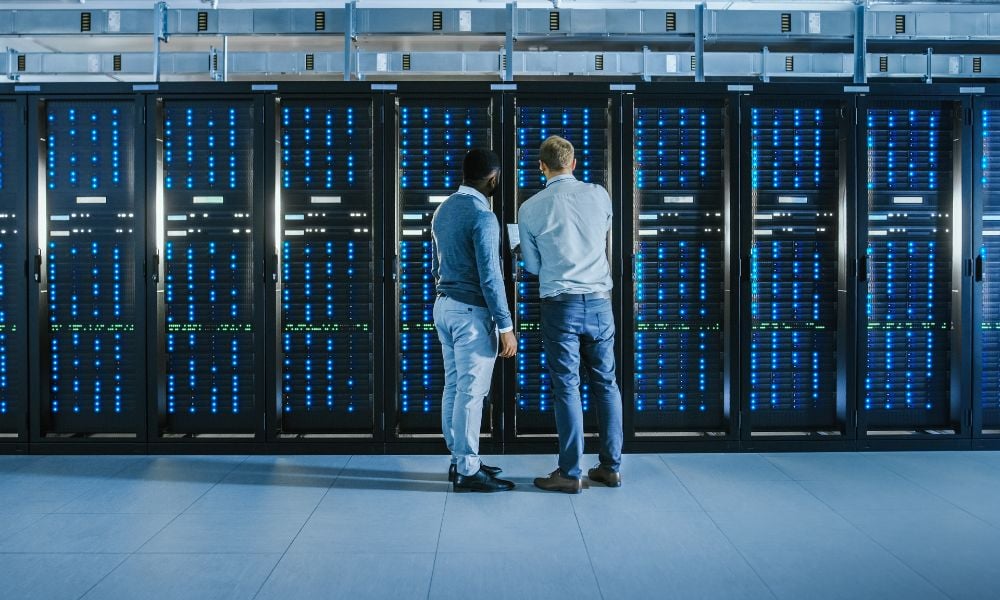Global investors and operators in the data centre industry are optimistic about the sector's growth, with 70 percent expecting increased investment over the next two years, according to research by DLA Piper.
The anticipated growth is driven largely by rising demand for artificial intelligence, particularly in machine learning and natural language processing.
However, the report highlighted significant challenges, particularly regarding the stability and reliability of power supplies. Nearly all respondents (98 percent) expressed concerns about power availability, with half identifying it as the primary barrier to investment. Utility companies, especially in the United States, are reportedly overwhelmed by power delivery requests for data centre sites, which may not be fulfilled until the 2030s.
To address these challenges, utility companies are increasingly demanding large upfront, non-refundable payments from investors. Developers are also being required to cover the costs of critical infrastructure, such as substations, needed to connect data centres to the grid.
The global data centre market is projected to grow at a compound annual growth rate of 10 percent over the next five years, reaching an estimated value of US$483.15 billion by 2029, up from US$300 billion in 2024.
Sustainability concerns are also a growing factor for investors. Seventy percent of respondents expect scrutiny around data centre energy and water usage to intensify in the coming years. The European Union has already introduced measures, such as the European Climate Law and the Energy Efficiency Directive, requiring data centre operators to report emissions and adopt strategies to reduce them.
Anthony Day, partner at DLA Piper, underscored the importance of addressing power supply challenges. “To satisfy increasing demands for processing power, not only will significant investment be required from across the industry, but also a clear framework established to encourage coordination between policymakers, investors and power providers, that ensures the heightened future power demands can be met. It should be possible to fulfil industry needs and realise AI's potential, however the need for sufficient and reliable power supplies to be in place must be a global priority,” Day said in a statement.
Alanna Hasek, also a partner at DLA Piper, highlighted the energy transition’s impact on grid access. “The energy transition has led to an unprecedented increase in demand for grid access with data centres competing with the likes of renewable energy projects and electric car charging stations. Investors and developers should be prepared to see this trend begin to be replicated across other markets,” Hasek said.
The report underscored the need for innovative solutions and collaboration to balance the growing demands for data centre infrastructure with power and sustainability challenges, ensuring the sector’s continued expansion.





